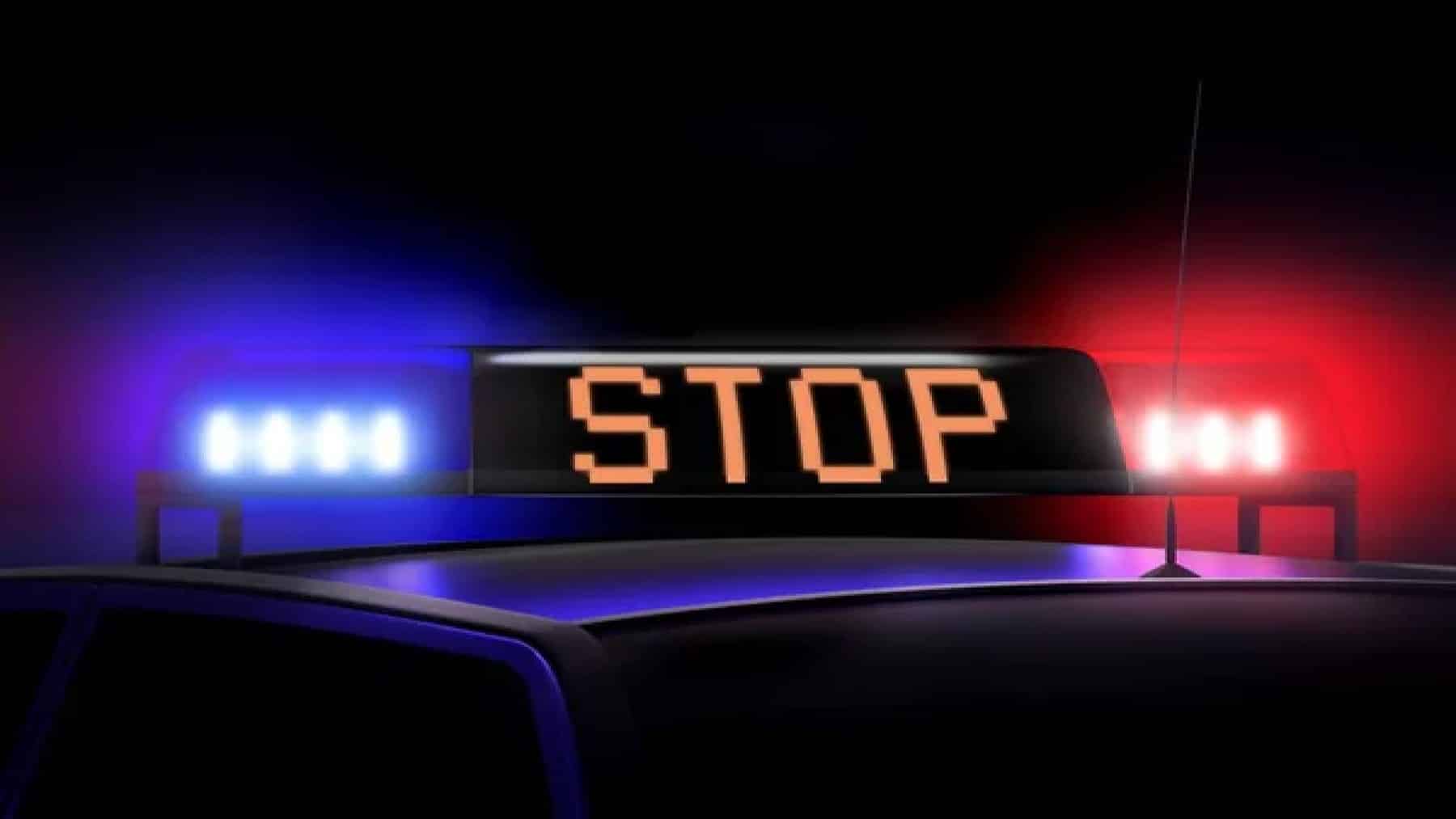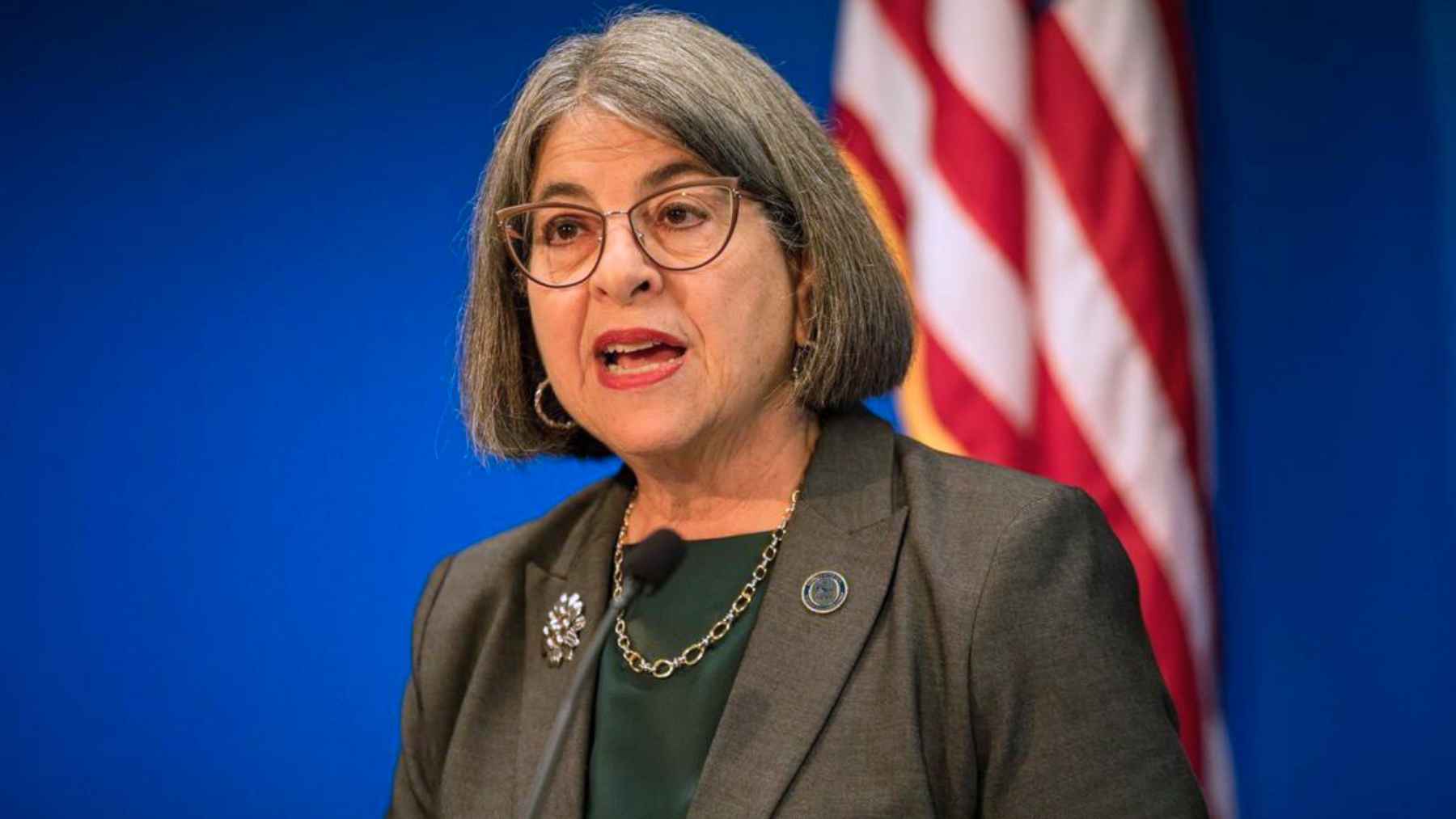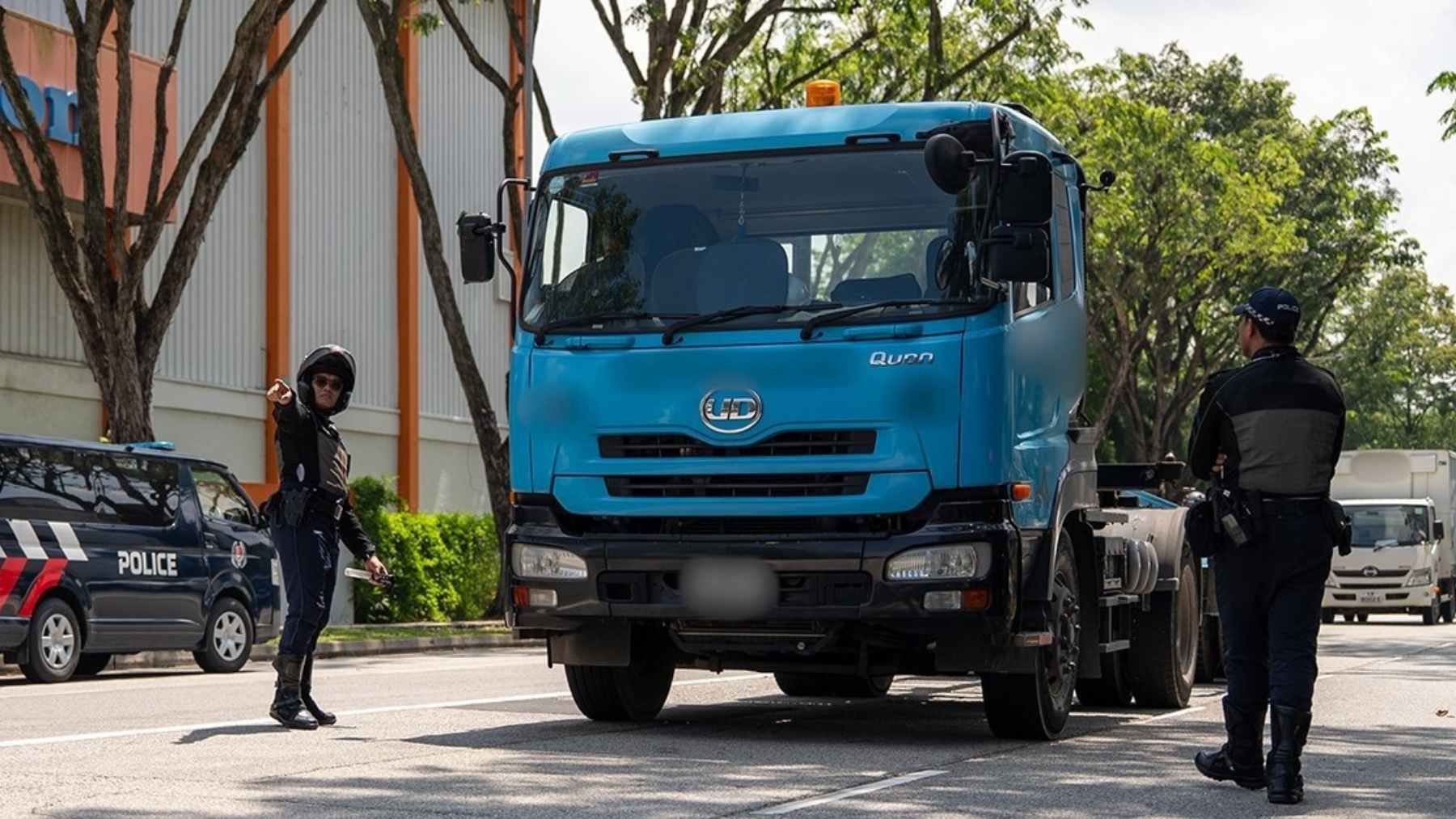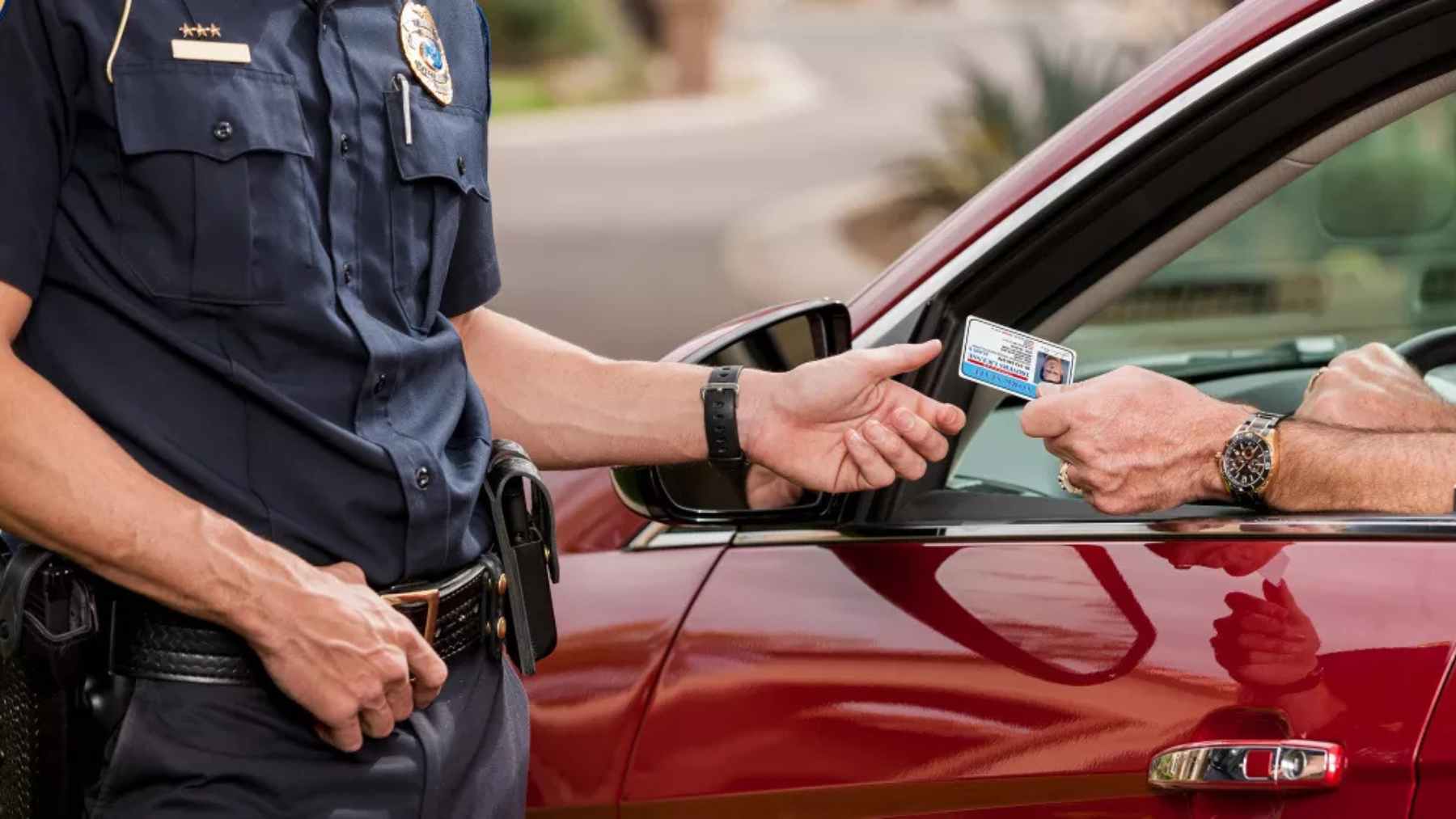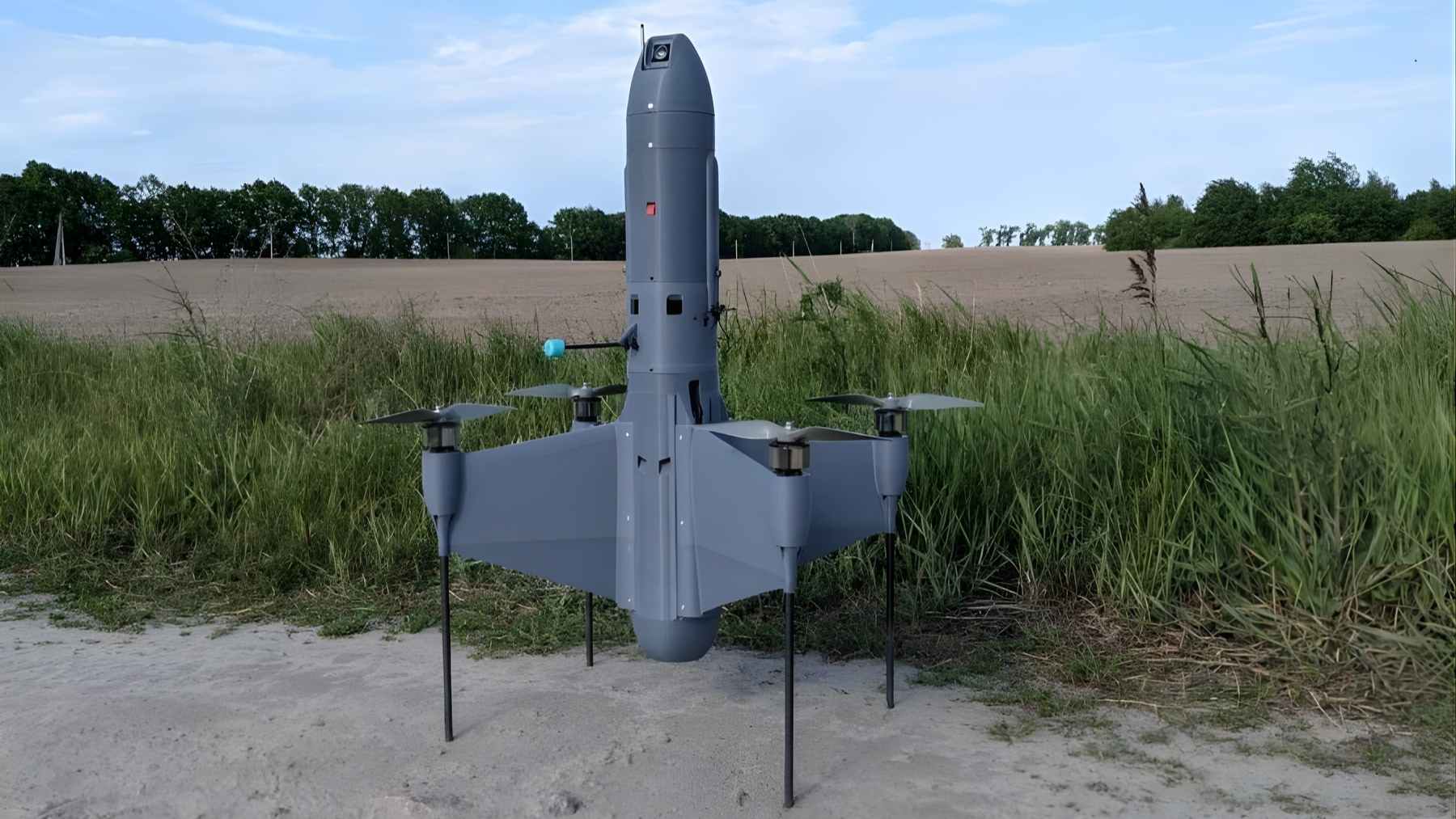A new traffic bill is currently being proposed in Washington regarding traffic stops. Traffic bills and policies are constantly being revised and changed in accordance with changes on the road to protect road user safety. With vehicles constantly undergoing technological upgrades and road fatalities being the leading cause of death for youth between the ages of 5-29, these laws are consistently under review in order to ensure the safety of all users on the road.
Ensuring public safety on the roads
Prioritizing the safety of road users is a concern across states. A variety of safety measures, new bills, and laws are kept updated to reduce the number of accidents and fatalities that occur on the road. Curbing speeding is a particular priority. According to data by the National Highway Traffic Safety Administration (NHTSA), in 2023, speeding contributed to 29% of all traffic fatalities.
In some states, to reduce these fatalities which occur from speeding, cameras have been implemented to deter drivers from doing so. New York City has been a leader in this initiative, with more than 2,000 speed cameras, including several mobile units, and 150 intersections with red light cameras, New York City has one of the biggest automated enforcement programs in the nation.
The City reports that once these cameras are enforced, they follow a general trend of an increase in speeding penalties at first, followed by a gradual decline as drivers adapt to the new cameras on the road. About 70% fewer infractions have been reported as a result of the cameras, according to city officials, with even larger drops seen on select high-risk roadways.
New bill to ban traffic stops in Washington
HB 1512 in the Washington Legislature is currently awaiting review from both the House and Senate. The bill, sponsored primarily by Rep. Chipalo Street, D-Seattle, would ban police officers from stopping vehicles for nonmoving violations. These types of violations include broken headlights, missing license plates or mirrors, or expired tabs. Instead, drivers would be sent a warning in the mail
“If there were people walking down the street [with] machetes, I’d rather have our law enforcement officers addressing those folks with machetes as opposed to writing tickets for parking violations,” Street told the House Community Safety Committee in February.
However, police would still be able to pull over someone for any criminal offence, failing to wear a seat belt, not having a license plate, or having a registration that expired more than a year ago. They would also still be able to pull you over for “any equipment violation that presents a serious risk to the safety of the operator or others on the roadway.” This includes having a dragging muffler, a broken windscreen that impairs vision, or both headlights or taillights off at night.
Additional requirements for officers to pull drivers over
Should the bill be passed, beginning in 2026, officers would need to ensure that they record all details of traffic stops they conduct, including the demographics of the drivers and the reason as to why they stopped the driver. Supporters of the bill have stated that this new requirement would also promote racial equity, as people of color have been known to be stopped disproportionately more than whiter drivers.
An InvestigateWest review of traffic stop data from 2018 to 2023 found that state troopers check Native American drivers’ vehicles five times more frequently than they do white drivers’. Additionally, more Black and Hispanic drivers were searched by troopers than white drivers. What is more, according to a Vera Institute of Justice investigation, Washington State Patrol troopers discovered contraband during 0.27% of traffic encounters between 2009 and 2019, suggesting that these stops may be biased and not based on actual concern.
